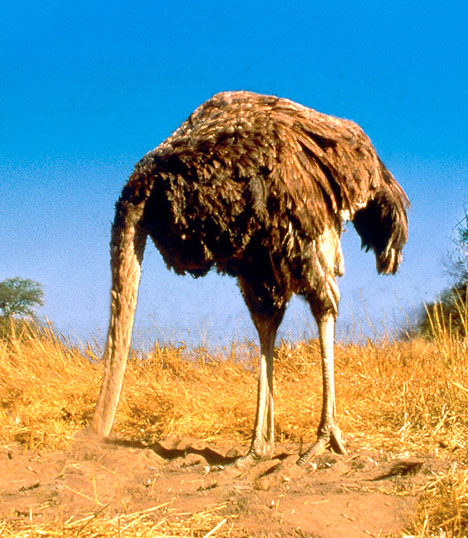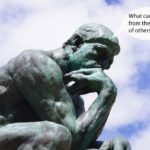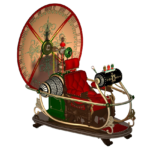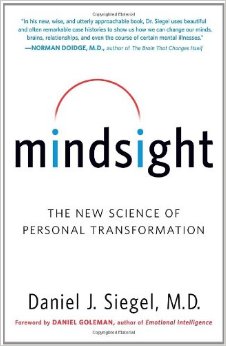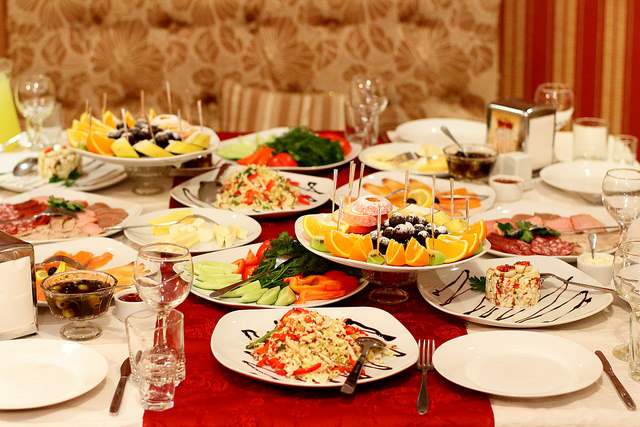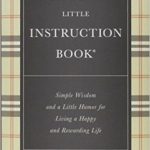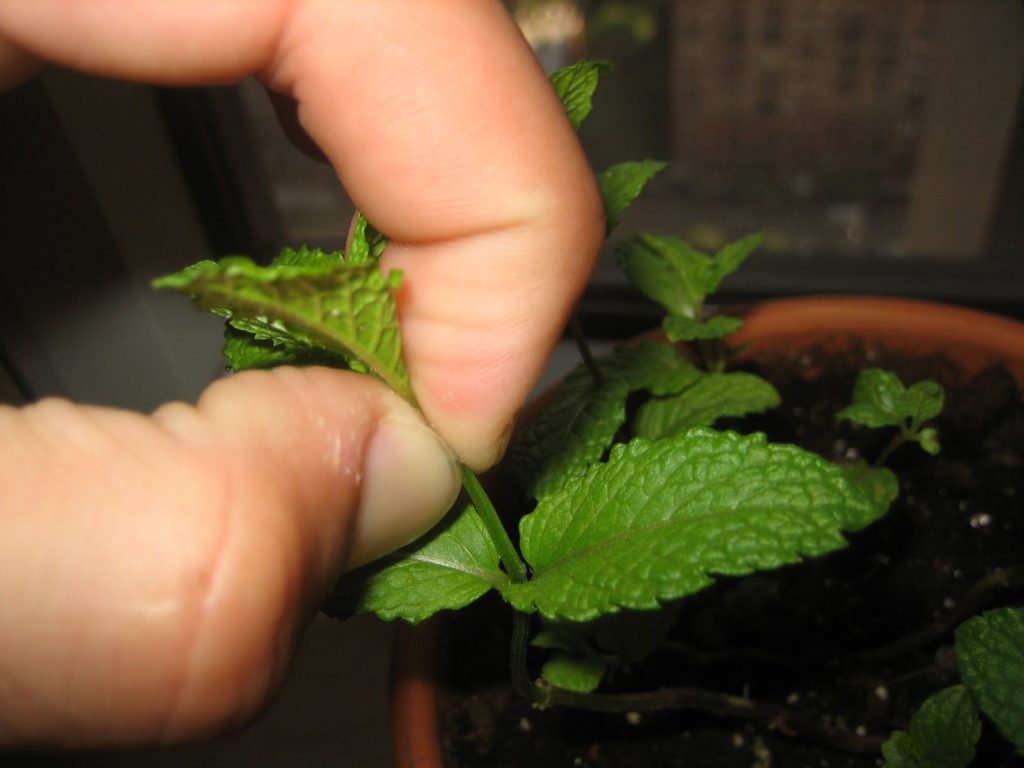“Praise does wonders for our sense of hearing.”
—Arnold Glasgow, Psychologist
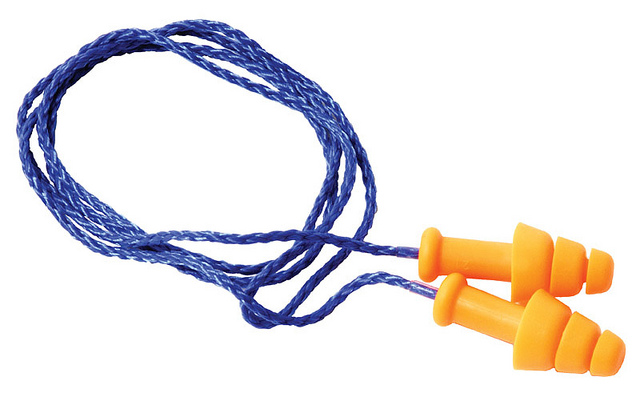
Image from Flickr by Team Omega Racing
If you’ve ever been to a loud concert, or slept next to someone who snores, you know the value of a good set of earplugs!
When we consider the difference between what people say and what others hear, we may think that some people forget to remove their earplugs when they rise in the morning.
Those little foam rubber buds may protect our ears from harsh noises, but we may also want to investigate the harsh judgements and criticism we choose to hear or block out.
EXERCISE:
How would more praise and acknowledgement improve our ability to listen, hear, and relate to one another?


